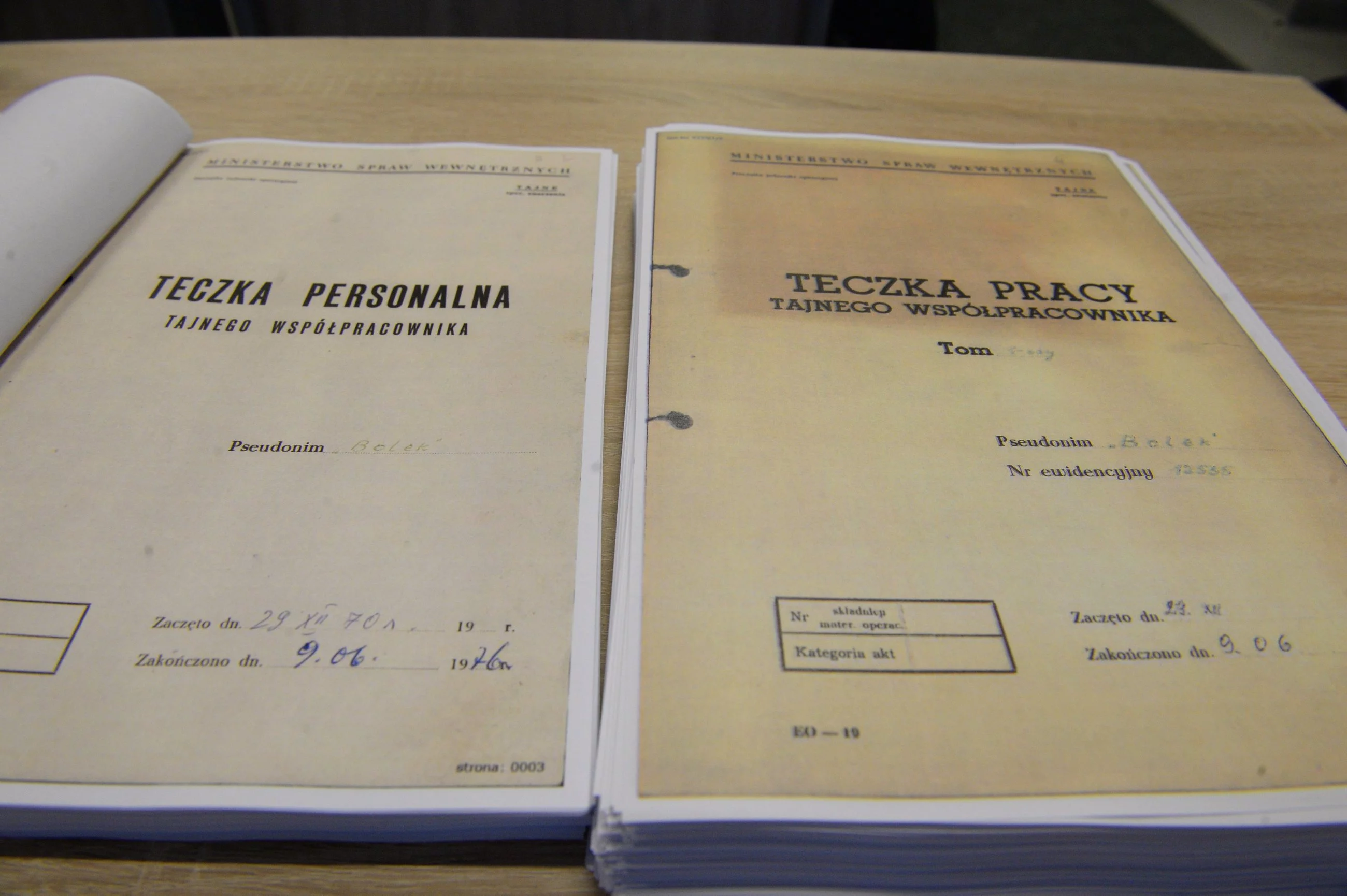Description of the facts
The ultimate Court, by judgement of 11.9.2024, II KK 47/24, Legalis, after the annulment of the defendant, annulled the contested judgement of the Court of Appeal of 22.3.2023, II AKa 278/22 and referred the case to that court for review in the appeal proceedings. By repealing that judgment, the ultimate Court, pursuant to Article 249(1) of the NCPs in the aforementioned Article 258(2) of the NCPs, applied to M.B.and the second suspect D.K. temporary arrest for 3 months, i.e. until 10.12.2024.
A complaint against the order to apply the provisional arrest after the judgement was given as a consequence of the conviction was lodged by the defendant’s defence M.B.
The defender of the contested order of the ultimate Court ruling at first instance alleged a violation:
- Article 94 § 1(4) of the NCP by not providing as a legal basis the content of Article 538(2) of the NCP, which is applicable in the present case, whereas Article 94(1)(4) of the NCP requires a comprehensive legal basis;
- Article 249 §3 of the NCP by means of a preventive measurement in the form of a temporary arrest, without a proceeding of the accused, which was not hidden and absent in the country, whereas any precautionary measurement may be applied only after the suspect has been heard, regardless of the phase of the procedure at which the measurement is applied, which prejudges the imposition of the judgement under appeal, as set out in Article 439(1)(11) of the NCP;
- Article 367 NCPs under Article 458 of the NCPs under Article 518 of the NCPs by not enabling a defender to comment on the appropriateness of preventive measures against the accused, while this was a substance to be resolved;
- In addition, in the light of the determination of the limits of the appeal against appeals (Article 433(1) of the NCP), given the inability to find the circumstances which are of major importance from the position of assessing the anticipation of a provisional arrest, he accused of violating Article 41(3) of the Constitution of the Republic of Poland in conjunction with Article 251(4) of the NCP, by failing to notify the suspect of the provision of temporary arrest within 24 hours (confirmation of this situation will gotta consequence in the temporary release of the arrested person), while specified a request flows from the aforementioned provisions.
On the basis of specified allegations, the complainant requested that the contested decision be repealed and that the case be referred back to the ultimate Court.
Supreme Court M.B. the suspect under Article 148(2) of the CCC and others after being heard in the Criminal Chamber at its sitting on 2.10.2024, the defendant’s complaint against the ultimate Court judgement of 11.9.2024, II KK 47/24, Legalis, on the application of provisional arrest for a period of 3 months under Article 437(1) of the CCC in conjunction with Article 518 of the CCC and Article 538(2) of the CCC maintained the contested provision.
Reasons for SN
The complaint by the suspect M. B. does not deserve to be taken into account, for the ultimate Court and the quo in the message of reasons for the contested provision rightly indicated that in the case of the request to safeguard the appropriate conduct of criminal proceedings by means of preventive measures, it is based on the provisions of Article 249(1) of the NCP and Article 258(2) of the NCP.
The ultimate Court case-law has frequently stressed that "in the amendment of the rules of the 2016 criminal procedure, the legislator has returned to a solution in which the threatening harsh punishment under Article 258(2) (NCP) constitutes a standalone condition for the usage of provisional detention". The ultimate Court of 7 judges in its resolution of 19.1.2012, I KZP 18/11, Legalis, stating that ‘the grounds for the application of the provisional arrest referred to in Article 258(2) of the NCP, in compliance with the conditions laid down in Articles 249(1) and 257(1) of the NCP and in the absence of the negative conditions laid down in Article 259(1) and (2) of the NCP, constitute circumstantial conditions for the application of that preventive measure’ (cf. the ultimate Court order of 26.8.2020, III KZ 48/20, Legalis and the ultimate Court order of 5.1.2022, IV KZ 57/21, Legalis).
As the ultimate Court rightly pointed out in the contested decision, the application of an isolation measurement is based on the circumstances attributable to the action in question, the fear of obstruction of proceedings and the degree of the 25-year conviction imposed. The general condition for the application of preventive measures has so been met, while the allegation of the alleged offence indicates that the circumstantial condition of Article 258(2) of the NCPs has been fulfilled. In specified a situation, only the most severe preventive measurement will safe the appropriate course of judicial proceedings before the Court of First Instance. The consistency of the incentive part of the contested decision does not alter the assessments made. The ultimate Court, erstwhile issuing its decision to apply provisional arrest on the basis of, inter alia, Article 538(2) of the CRS, is not obliged to question the suspect and cannot be held as to what the complainant has concluded in the pleas of appeal against any absolute appeal under the procedural law, including Article 439(1)(11) of the CRS, or where there is simply a breach of the warrant standards of the criminal procedure with respect to M.B. In addition, there are no negative grounds for the usage of the provisional arrest, as set out in Article 259 of the NCP, nor are there any updates to Article 257(1) of the NCP.
Comment
When examining the case in question, the ultimate Court has clearly indicated that the grounds for the usage of the provisional arrest, as set out in Article 258(2) of the NCP, constitute circumstantial conditions for the circumstantial application of that preventive measure, while complying with the conditions set out in Article 249(1) of the NCP and Article 257(1) of the NCP and in the absence of any negative condition as set out in Article 259(1) and (2) of the NCP.
















